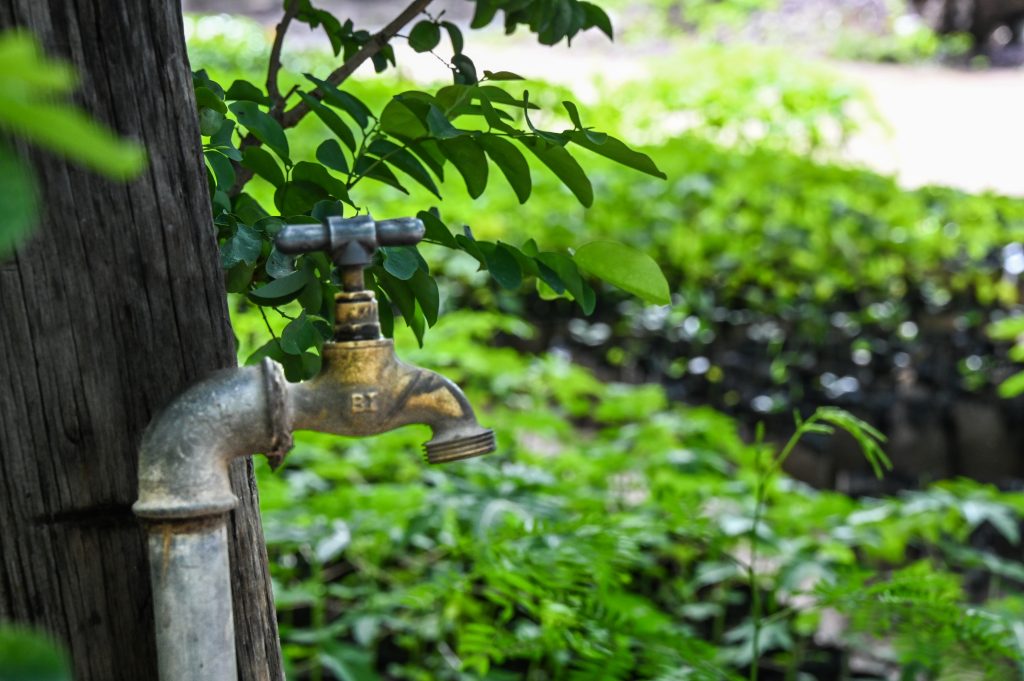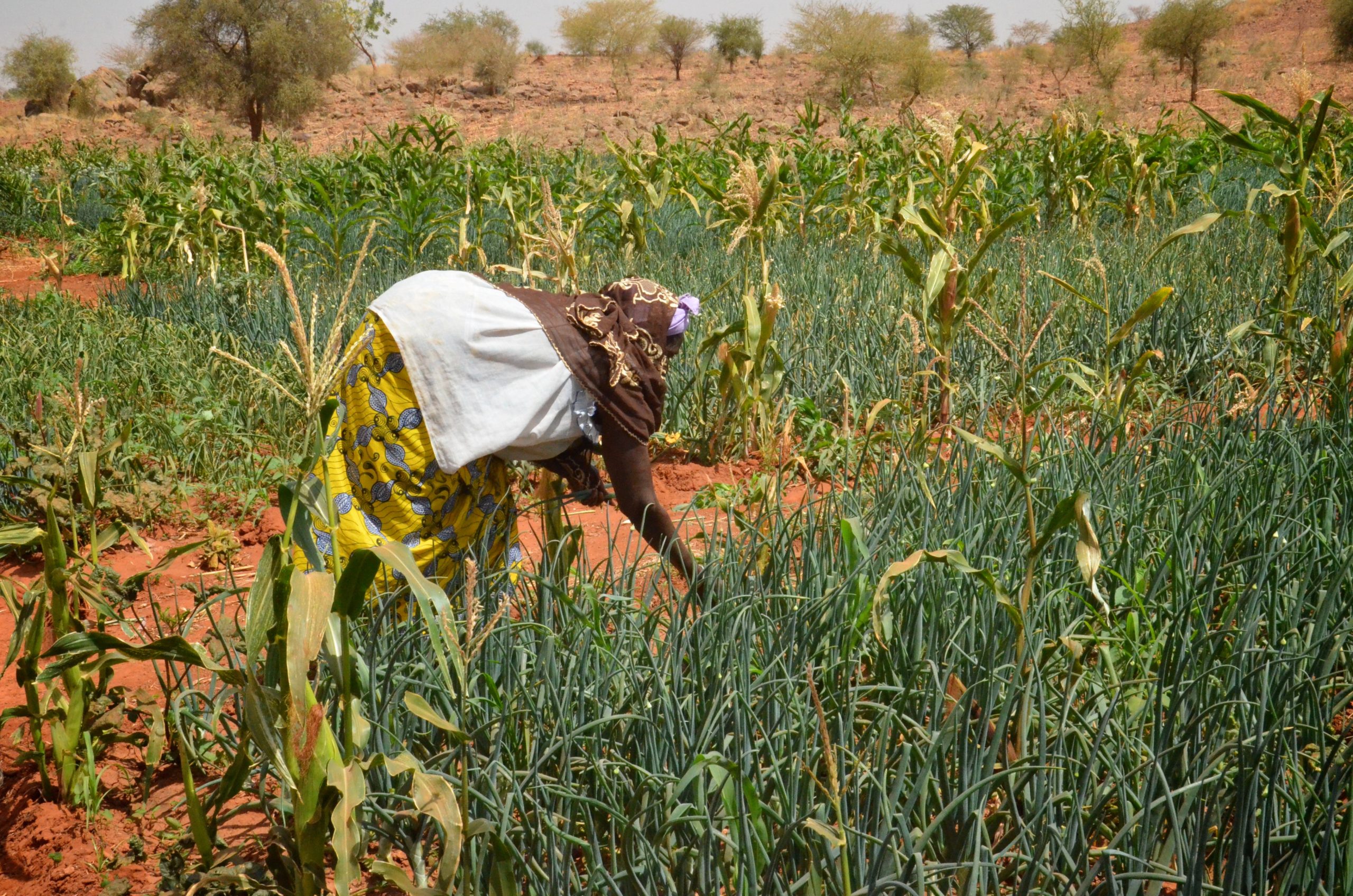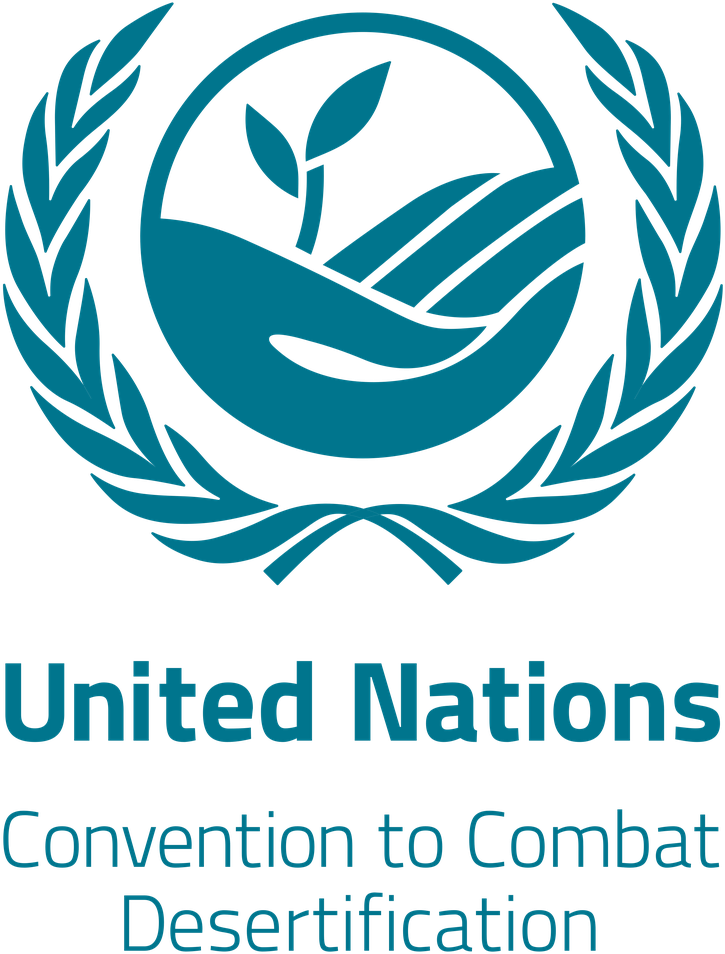We are proud to announce that the Flemish Government has granted a subsidy to the capacity building project ‘Let’s make the dessert Green’ of Lignaverda, which will be executed in the framework of the government’s International G-STIC Climate Action Programme (https://www.climate-action-programme.be/).
Joining Forces

The project is a collaboration between Lignaverda, Entrepreneurs for Entrepreneurs (OvO) (https://ondernemersvoorondernemers.be/ ) and the Flemish Institute for Technological Research (VITO) (https://vito.be/en ). All three organizations are joining forces in this unique project that will build the capacity of semi-arid communities in Senegal (Louga region) to create and sustainably manage agro-forests. The project will add considerable value to Lignaverda’s ongoing and future reforestation activities as it will enable communities to derive immediate value from freshly reforested areas.
Food Security (SDG 2)

Agroforestry contributes to climate mitigation and combats desertification while at the same time providing food and fodder to rural communities that are largely dependent on livestock. Even though the full agroforestry potential of newly reforested plots will be realized after 7 years, when trees are sufficiently high to provide shade to crops, the communities can already use the protected, reforested areas for horticultural production, but lack capital and (irrigation) infrastructure to do so.
Forest Management Committees

The project will set up Forest Management Committees (FMCs) that will manage sowing, irrigation, crop protection and harvesting of horticultural crops (sorghum, millets, maize, beans, tomatoes, and others) within the reforested areas. In collaboration with the Senegalese agroforestry organization APAF (https://ong-apaf.org/), we will establish a rolling fund from which local farmers can borrow to set up agroforestry activities of which the revenues will be used to repay the loans. Participating farmers will be trained in good agroforestry and agricultural practices, microcredit systems, marketing and environmental protection.
Climate Forecast Models (CLIMTAG)

Weather stations will be installed to collect data that will be fed into climate forecast models (CLIMTAG – VITO) (https://climtag.vito.be/en). This will enable the communities to better anticipate the onset of rains so that crop sowing dates can be adapted to it. Sustainable water management is essential in this project. In Sahelian areas, horticultural crops require more water than the scarce rains in the period between June and September can provide. That is why a bouli (a large, round water reservoir with a diameter of 70 m and a depth of 8 m) will be constructed on two sites. These boulis will collect water during the rainy season and will serve as a source for irrigation of the agroforestry systems in the period just after the rainy season. In the other 2 sites, irrigation water will be drawn from existing water boreholes.
Micro-Economy (SDG 8)

Horticultural produce (fruits, cereals and vegetables) will be sold on local and regional markets, thus providing income to the communities. This is urgently required because for them to be real custodians of new forests in their region, their most urgent needs (food security, health care) need to be addressed first. By linking socio-economic impact to reforested areas from the moment reforestation activities are implemented, we are securing buy-in of the Senegalese communities in semi-arid areas for long-term, sustainable forest protection.



